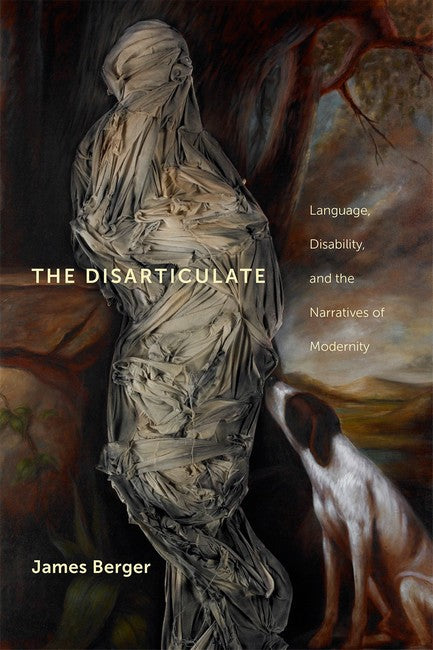Language is integral to our social being. But what is the status of those who stand outside of language? The mentally disabled, "wild" children, people with autism and other neurological disorders, as well as animals, infants, angels, and artificial intelligences, have all engaged with language from a position at its borders. In the intricate verbal constructions of modern literature, the 'disarticulate'-those at the edges of language-have, paradoxically, played essential, defining roles. Drawing on the disarticulate figures in modern fictional works such as Billy Budd, The Sound and the Fury, Nightwood, White Noise, and The Echo Maker, among others, James Berger shows in this intellectually bracing study how these characters mark sites at which aesthetic, philosophical, ethical, political, medical, and scientific discourses converge. It is also the place of the greatest ethical tension, as society confronts the needs and desires of "the least of its brothers." Berger argues that the disarticulate is that which is unaccountable in the discourses of modernity and thus stands as an alternative to the prevailing social order. Using literary history and theory, as well as disability and trauma theory, he examines how these disarticulate figures reveal modernity's anxieties in terms of how it constructs its others.

